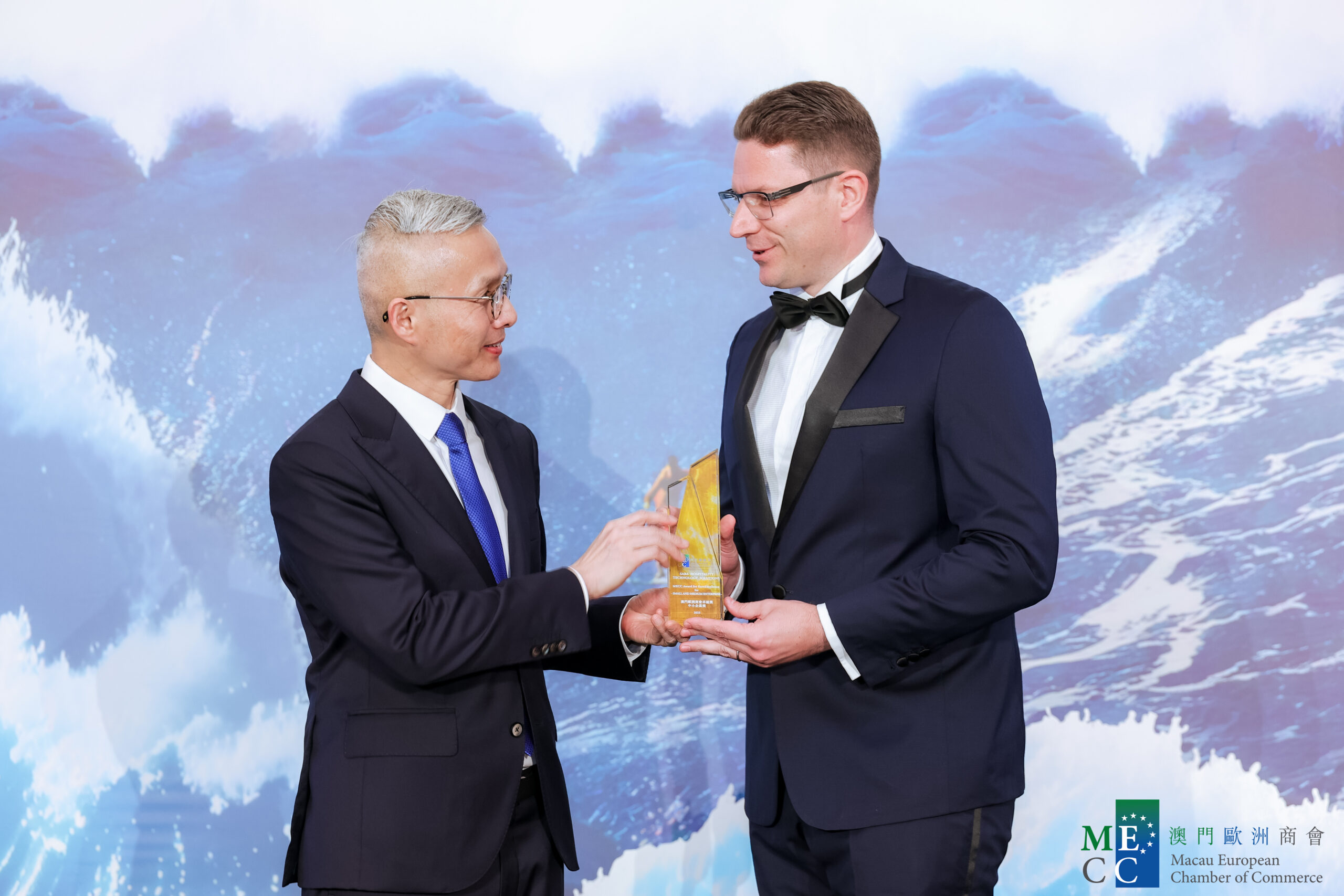I was chatting with the F&B director of a 5-star resort the other day about implementing digital F&B ordering in their lobby lounge and restaurant outlets. While it is a cost effective and easy solution to help mitigate their current challenges around staff shortages and revenue optimisation, she was hesitant to implement a digital strategy as waiting staff would be unable to address each diner by name if an order was placed from a single device. Despite acknowledging the clear benefits the solution offered, and that it met the expectations of modern travellers, it didn’t comply with existing operating procedures that were likely developed 10+ years ago. It ultimately provided a barrier to implementing any digital F&B strategy.
This got me thinking about how many other hotel departments were reluctant to adopt new technologies due to Standard Operating Procedures that no longer met the needs of guests post pandemic. Ultimately, this led me to consider the topic of change more broadly, and led me to write the below:
Change can be challenging. Both personally, professionally and for businesses who have had to re-evaluate how they operate both during and post COVID-19. But if the pandemic taught us anything, it’s that not only are we incredibly resilient, but quick to adopt new processes and procedures when circumstance requires. Workplaces moved to home offices, meetings to Zoom and retail to online purchasing (although that was more an acceleration of an existing trend than a new behaviour).
The hospitality industry as a collective felt the full impact of global isolation measures. Restricted travel, both locally and globally, resulted in plummeting occupancy rates and many property closures. It was certainly a tough period. But many hoteliers saw it as an opportunity (or were forced) to find new, alternative means to reduce costs, maintain revenue streams, and service the guests that were on property. Many are still struggling with the sudden and accelerated adoption of new technologies, preferring to stick with operating procedures that have worked well in the past. And I can understand the various arguments that support such a stance. Why change something that has worked for us in the past? Our guests prefer the personal touch. I’m not sure I can convince my team of this.
While the final example above can be directly linked to a reluctance for change, the many conversations we have with hoteliers daily would suggest an adversity to change is often the dominant factor in an operator’s hesitancy to adopt new technologies. But what is critically important to understand is why this change mindset has such a strong impact on our behaviour. Because many hotel operators are now being left behind and struggling to manage challenges such as staff shortages because of this reluctance to explore alternative operational processes.
It’s too easy, and quite frankly unhelpful, to simply put it down as ‘Change is hard’. We all know this. And in my opinion, such an argument lacks depth and value in the understanding of engrained behavioural patterns. If we are to overcome these barriers and embrace change, we need to understand why change is so difficult for some, despite the clear advantages innovation and technology have to offer within hospitality.
The answer is certainly not simple, and will vary for everyone, but I believe a great starting point can be taken from one of my favourite movies “Moneyball”. For those who have read our blog, you may be aware I’m not only a massive movie buff, but also a tragic sports nut. So it should come as no surprise this movie rates high on my ‘favourites list’. And there is a great line in this movie about adversity to change. It goes like this:
Change “threatens not just a way of doing business… but in [peoples] minds, really what it’s threatening is their livelihoods, it’s threatening their jobs. It’s threatening the way they do things.” While (as mentioned above), it may not be so straightforward in all cases, there is still a mindset within hospitality that technology will replace the human touch. And people find that threatening.
In reality, technology will never successfully replace the human workforce, nor should it. Human interaction is the essence of hospitality and should always be at the heart of the guest experience. Technology should be viewed as complementary to such interaction. As a tool to free up frontline workers from low-value repetitive tasks, to engage with guests in ways that will truly impact upon their experience. But also, to provide options for those guests who would prefer to take great control over their own journey. When viewed in this light, change, especially where technology is concerned, can be seen as exciting rather than something to fear.
So as we come to the end of 2022, and look forward to an exciting and fruitful 2023, why not make a New Year’s resolution to embrace change. Because if you are not growing and moving forward, it’s very easy to fall behind your competition. And at a time where the adoption of technology within hospitality has never been so embraced by operators and guests alike, now is not the time to stand still.




0 Comments